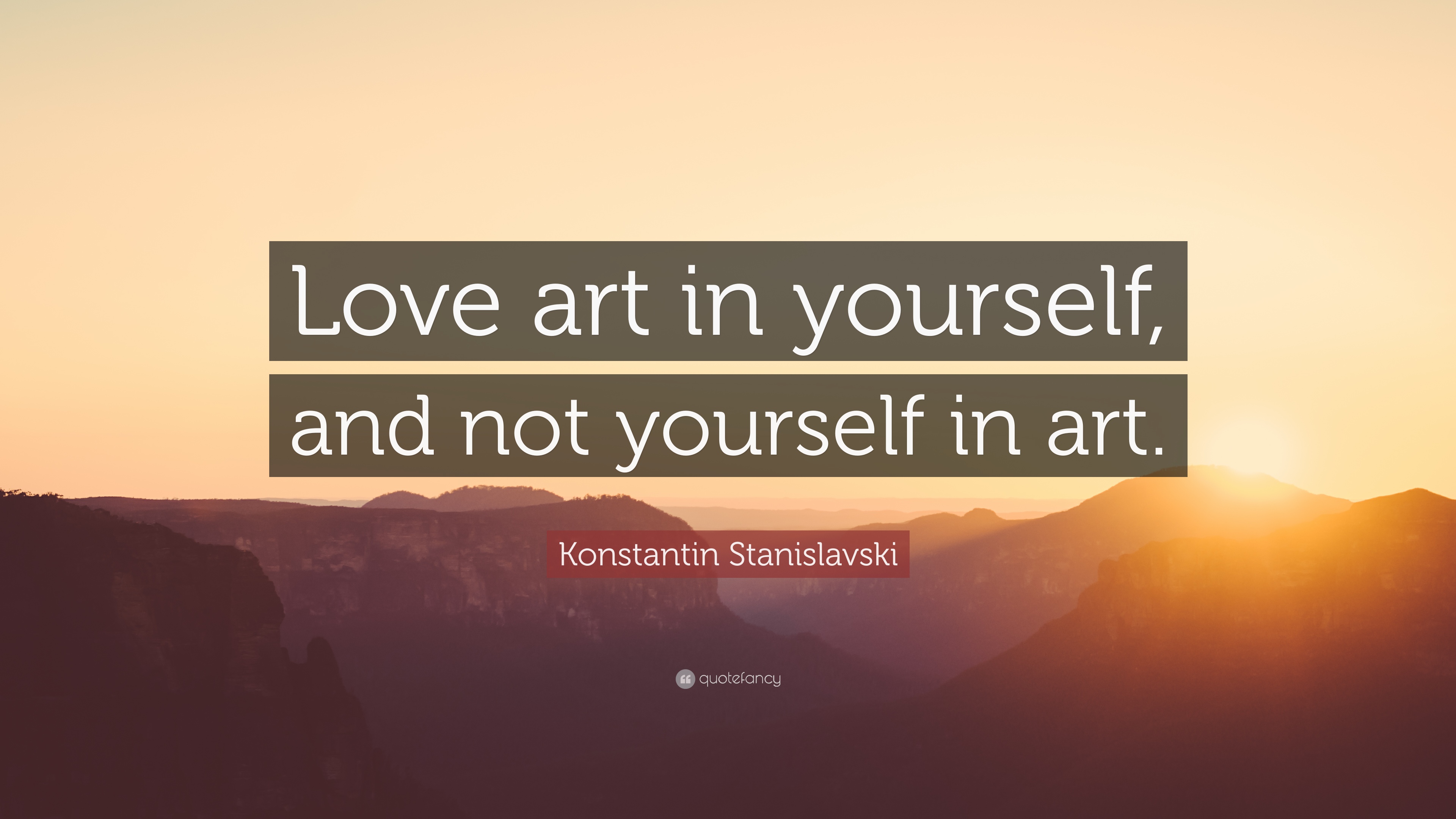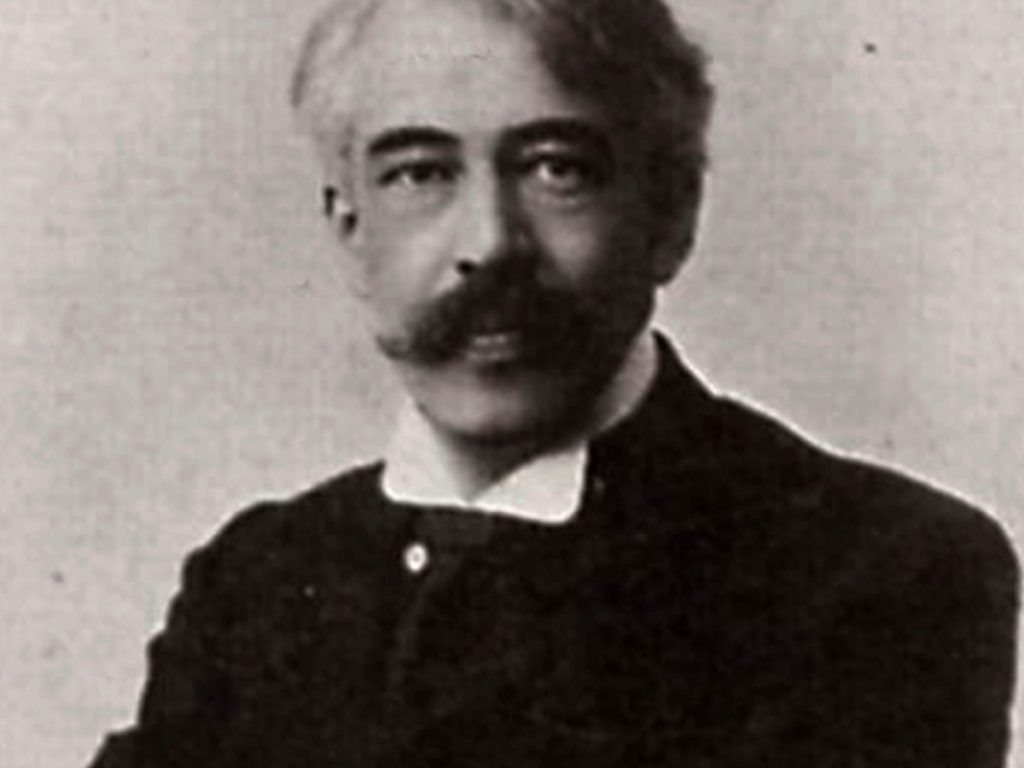Konstantin Stanislavski was a Russian actor, director, and theatre practitioner. He is considered the “father of modern acting” and is known for his innovative theories of acting and theatrical production. Stanislavski’s quotes are often cited as inspirational words of wisdom for actors and theatre practitioners. His quotes focus on the importance of hard work, dedication, and discipline in the pursuit of artistic excellence. He also believed that the actor must strive to be truthful in their performance and to create a connection with their audience. Stanislavski’s quotes have affected generations of actors and theatre practitioners and continue to inspire those in the performing arts today.
51 Best Stanislavski Quotes

-
“The creation of a beautiful illusion on the stage requires an infinitely greater measure of truth than anything real life can offer.”
– Konstantin Stanislavski
-
“The more deeply an artist can feel, the greater will be the power of his art to move and to influence.”
– Konstantin Stanislavski
-
“If you know how to listen, you will learn.”
– Konstantin Stanislavski
-
“Remember that the business of the actor is not to know, but to feel.”
– Konstantin Stanislavski
-
“Love your art and perfect it, for it is your own.”
– Konstantin Stanislavski
-
“Acting is an art which must be learned through conscious effort.”
– Konstantin Stanislavski
-
“Love the art in yourself, not yourself in the art.”
– Konstantin Stanislavski
-
“The truth of the character must be taken from the truth of the actor’s own life.”
– Konstantin Stanislavski
-
“The actor must put himself in the emotional state which corresponds to the role he is to play.”
– Konstantin Stanislavski
-
“The actor should not need to seek out his emotions, but should be able to draw them up from within himself.”
– Konstantin Stanislavski
-
“The actor must have a creative imagination and be able to create a vivid picture of the character he is to portray.”
– Konstantin Stanislavski
-
“The actor must be able to look at himself objectively and be able to identify and control his emotions.”
– Konstantin Stanislavski
-
“The actor must learn to use his body as an instrument of expression.”
– Konstantin Stanislavski
-
“The actor needs to have a thorough understanding of the character he is playing.”
– Konstantin Stanislavski
-
“The actor must be prepared to make any kind of sacrifice to achieve the highest level of artistic expression.”
– Konstantin Stanislavski
-
“The actor must be able to believe in the reality of the character he is depicting.”
– Konstantin Stanislavski
-
“The actor must be able to enter into the spirit of the character and become so identified with him that the audience believes in his reality.”
– Konstantin Stanislavski
-
“The actor must be able to use his imagination to create the character and the situation in which he finds himself.”
– Konstantin Stanislavski
-
“The actor must be able to take risks, to be daring and to be willing to take chances.”
– Konstantin Stanislavski
-
“The actor must be able to trust his instincts and to have the courage to follow them.”
– Konstantin Stanislavski
-
“The actor must be able to interpret the script in a way that is true to the character he is playing.”
– Konstantin Stanislavski
-
“The actor must be able to take direction from the director and use it to create an authentic performance.”
– Konstantin Stanislavski
-
“The actor must be able to convey the truth of the character to the audience.”
– Konstantin Stanislavski
-
“The actor must be able to create a believable and believable character.”
– Konstantin Stanislavski
-
“The actor must be able to create a character that is both truthful and entertaining.”
– Konstantin Stanislavski
-
“The actor must be able to create an environment that is conducive to a successful performance.”
– Konstantin Stanislavski
-
“The actor must be willing to explore the depths of his character and reveal his innermost thoughts and feelings.”
– Konstantin Stanislavski
-
“The actor must be able to convey his emotions to the audience in a way that is both believable and entertaining.”
– Konstantin Stanislavski
-
“The actor must be able to bring his character to life by creating a sense of realism in his performance.”
– Konstantin Stanislavski
-
“The actor must be able to communicate the character’s innermost thoughts and feelings to the audience.”
– Konstantin Stanislavski
-
“The actor must be willing to take risks and to be daring in order to create a memorable performance.”
– Konstantin Stanislavski
-
“The actor must be willing to embrace the role and the character he is playing in order to bring it to life in a believable way.”
– Konstantin Stanislavski
-
“The actor must be able to focus on the character and create a believable and entertaining performance.”
– Konstantin Stanislavski
-
“The actor must be able to create a character that is both believable and entertaining.”
– Konstantin Stanislavski
-
“The actor must be able to make the audience believe in the character he is portraying.”
– Konstantin Stanislavski
-
“The actor must be able to use his imagination to create an exciting and believable world.”
– Konstantin Stanislavski
-
“The actor must be able to create a character that is both real and believable.”
– Konstantin Stanislavski
-
“The actor must be able to bring a sense of truth to the character he is playing.”
– Konstantin Stanislavski
-
“The actor must be able to use his body to create characterization.”
– Konstantin Stanislavski
-
“The actor must be able to create a believable and entertaining performance.”
– Konstantin Stanislavski
-
“The actor must be able to create a performance that is both believable and entertaining.”
– Konstantin Stanislavski
-
“The actor must be able to use his voice to create a believable and entertaining performance.”
– Konstantin Stanislavski
-
“The actor must be able to use his imagination to create a believable and entertaining performance.”
– Konstantin Stanislavski
-
“The actor must be able to create a believable and entertaining environment in which to perform.”
– Konstantin Stanislavski
-
“The actor must be able to find the truth of the character he is playing and bring it to life.”
– Konstantin Stanislavski
-
“The actor must be able to use his body and voice to convey the character’s emotions.”
– Konstantin Stanislavski
-
“The actor must be willing to explore the depths of the character and reveal his innermost thoughts and feelings.”
– Konstantin Stanislavski
-
“The actor must be willing to take risks and to be daring in order to create a memorable performance.”
– Konstantin Stanislavski
-
“The actor must be able to use his experience and knowledge to create a believable and entertaining performance.”
– Konstantin Stanislavski
-
“The actor must be able to look at himself objectively and be able to identify and control his emotions.”
– Konstantin Stanislavski
-
“The actor must be able to bring the character to life with a sense of truth and believability.”
– Konstantin Stanislavski
Conclusion
Stanislavski’s quotes and teachings are timeless, and continue to inspire generations of actors and theatre makers. His rigorous and influential system of training, the ‘Stanislavski Method’, has been adopted by theatres worldwide, and his concepts of ‘magic if’ and ‘emotional memory’ have become fundamental to the craft of acting. Stanislavski’s words and ideas are still relevant today, and will remain so for many years to come, inspiring actors and directors alike to reach for something greater in their work.






